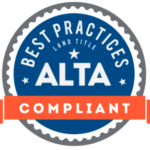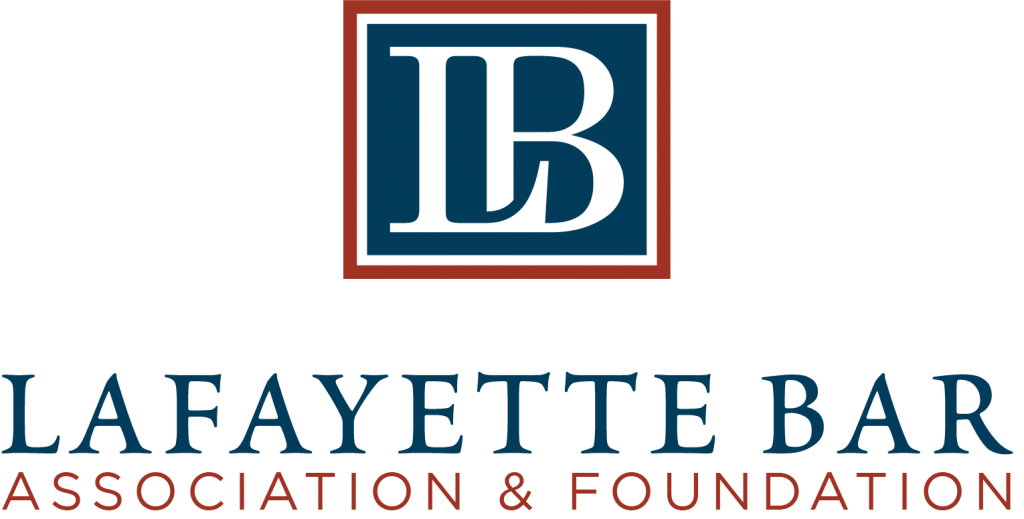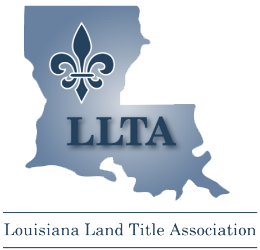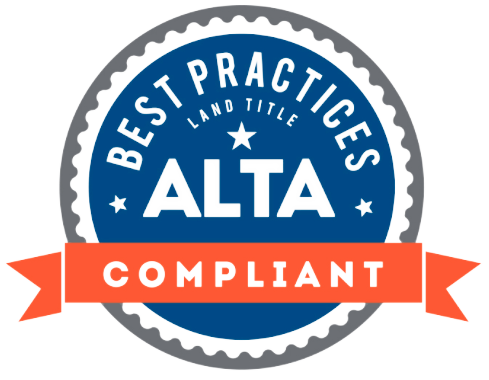Trust Torian Law to handle your residential or commercial real estate transaction.
Torian Law will work with you, your realtor, and your lender from start to finish to make your transaction as smooth and efficient as possible. The Torian Law team prides itself on timely, professional closings, with an option for Lender’s and/or Owner’s title insurance to protect your most valuable investment.
A real estate closing, also known as a settlement, is the final step in executing a real estate transaction. It is the process where the ownership of a property is transferred from the seller to the buyer. This event is crucial in both residential and commercial real estate transactions and involves several key steps and participants. Here’s an overview of what typically happens during a real estate closing:
- Finalizing the Financing: If the buyer is obtaining a mortgage, the closing is when the loan is finalized and funds are provided to the buyer. The buyer must have already secured approval from a lender, and at closing, the mortgage agreement is signed.
- Reviewing and Signing Documents: Numerous legal documents need to be reviewed and signed at the closing. These include the deed of the property, the bill of sale, the mortgage agreement (if applicable), and the closing disclosure, which details the terms of the sale, the final closing costs, and any remaining financial transactions.
- Payment of Closing Costs: Both parties are responsible for various fees and expenses, known as closing costs. These can include loan origination fees, appraisal fees, title searches, title insurance, taxes, and agent commissions. The exact costs and who pays what will have been negotiated beforehand and outlined in the closing disclosure.
- Transferring the Title: The legal title of the property is transferred from the seller to the buyer. This is typically done by signing the deed of the property over to the buyer. The deed is then recorded with the local government, officially marking the buyer as the new property owner.
- Handing Over Possession: After all documents are signed and payments are made, the seller hands over the keys and any other necessary items (like garage door openers or security codes), and the buyer takes possession of the property.
- Settlement Statement: A settlement statement (also known as a HUD-1 or Closing Disclosure) is provided, summarizing the financial transactions enacted during the process.











